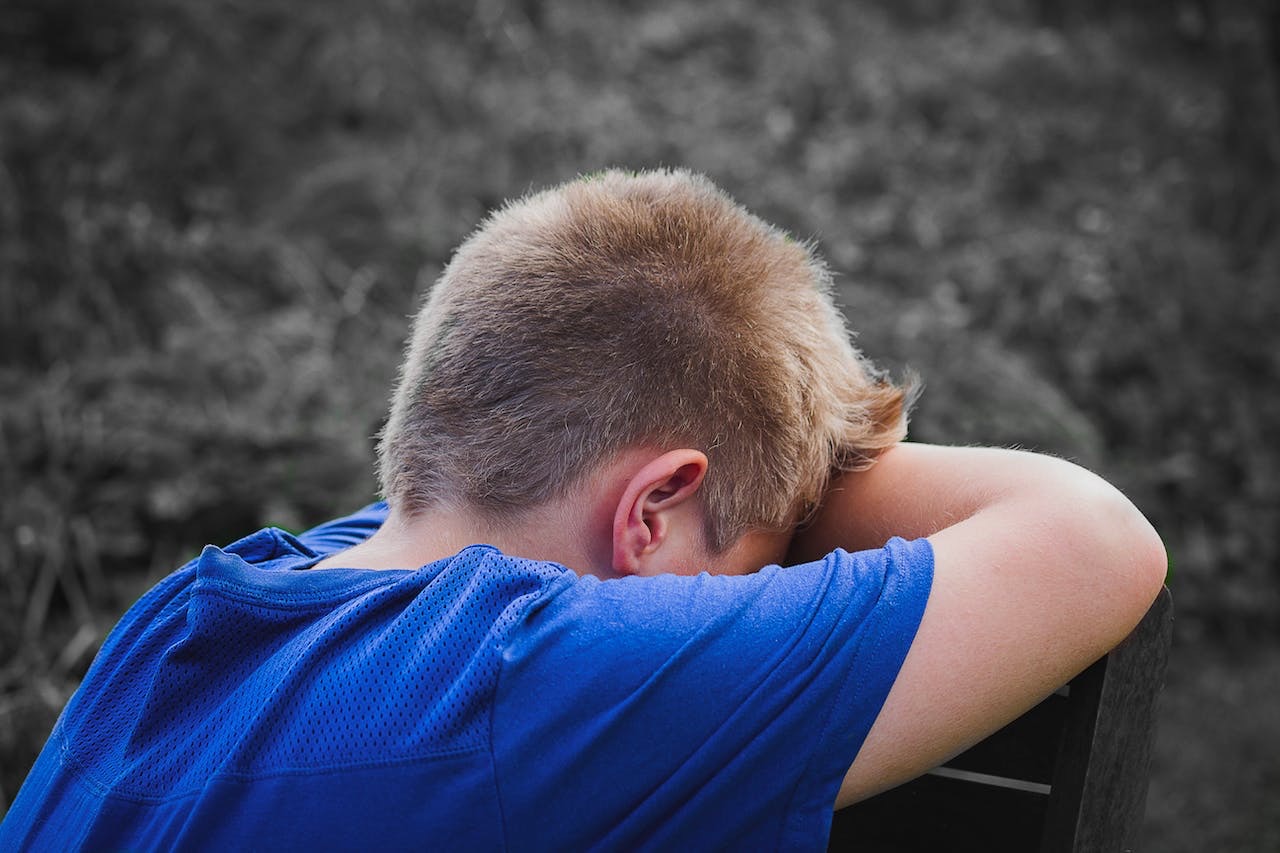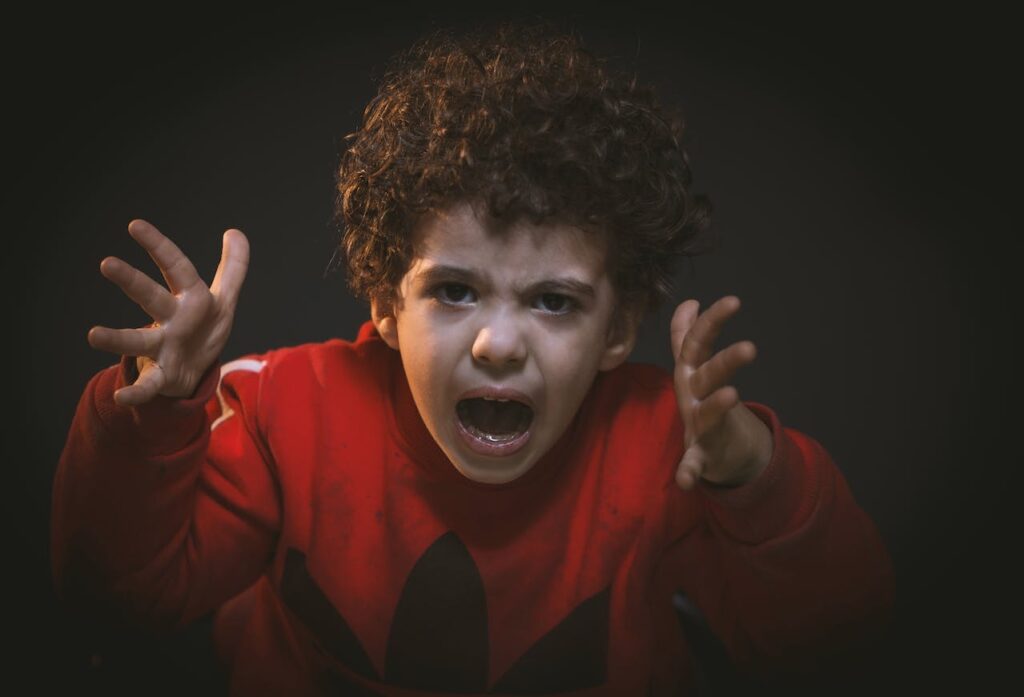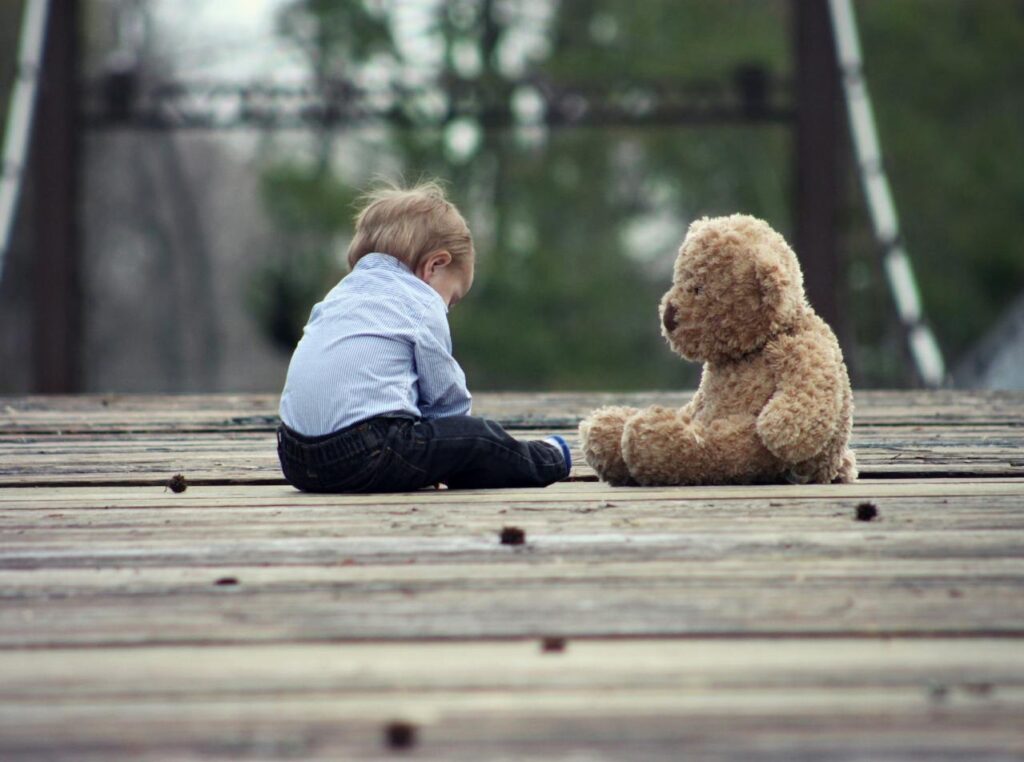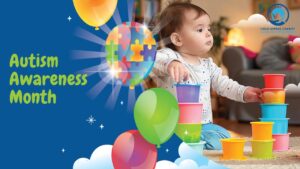Detecting signs of childhood depression: When to seek help
Childhood depression is a severe mood disorder that can take away the happiness from a child’s life. Although it is normal for children to be moody and sometimes sad from time to time, when sadness and anxiety reach the level of depression, it indicates a serious problem. This deep sadness can be the result of major, traumatic events in a child’s life, such as the loss of a cherished pet or moving to a new city.
Depression indicates a problem with a child’s condition when sadness and anxiety persist for longer than several weeks or months. Research shows that three out of every 100 young children suffer from severe depression, while nine out of every 100 teenagers suffer from this psychological disorder.
If the sadness goes beyond the usual and the child begins to think about losing hope or expresses a wish to die, this could be a sign of severe depression that requires immediate attention.
Childhood depression symptoms: How do I know that my child is suffering?
1. Change in appetite or weight: Noticeable changes in the child’s eating habits show weight. This may be an increase or decrease in appetite and weight, which can indicate a psychological problem.
2. Lethargy or lack of energy: The child becomes more tired and his vitality constantly decreases, even in performing daily activities that he used to enjoy. This lack of energy can affect aspects of his daily life.
3. Sadness, crying, or irritation: Feelings of sadness and crying appear intensely and frequently in the child, even at times when there are no clear explanations.
4. Constant shyness and guilt: The child appears constantly shy and nervous and feels guilty for no apparent reason. This indicates a psychological problem.
5. Lack of interest and enjoyment in activities: When a child loses interest in activities that he previously enjoyed, and appears uninterested in them.
6. Thinking about death or talking about it a lot: The child begins to think about death intensely or talk about it frequently. It includes the child talking about his desire to die.
7. Sleep disturbances and persistent insomnia: The child finds it difficult to sleep or suffers from persistent sleep disturbances, which affects his sleep and wakefulness.
8. Continuous stomach pain or headache: The child suffers from constant physical pain in areas such as the stomach or headache, without a clear medical explanation. These pains can be related to psychological factors.
These signs help parents and educators recognize childhood depression and direct them toward support and assistance if these signs are present in their child.
You can also check Enhancing self-esteem and self-confidence in children
What are the causes of childhood depression?
The causes of childhood depression can include several factors, including:
1. Family problems: Constant disputes between parents and family problems can be a major factor in the emergence of childhood depression. Children can be deeply affected when they witness constant conflicts and tensions in their family environment.
2. Neurotransmitters and hormones: Changes in neurotransmitters and hormones can play a role in the onset of childhood depression. These changes affect the mood and emotional interaction of children.
3. Environmental factors: The environment surrounding the child plays an important role. Living in an environment full of chaos and instability, such as frequent moves or changes in school or social life, can contribute to the onset of childhood depression.
4. Genetic factors: Genetic factors can play a role in childhood depression. If there is a family history of mood disorders, the child may be more likely to develop this disorder.
5. Exposure to trauma: Traumatic and traumatic events such as moving, divorce, abuse, and violence can be reasons for the onset of childhood depression. Experiencing these events can have a profound impact on children and affect their psychological state.
Understanding these factors and dealing with them effectively can help provide the necessary support and treatment for children suffering from childhood depression.








